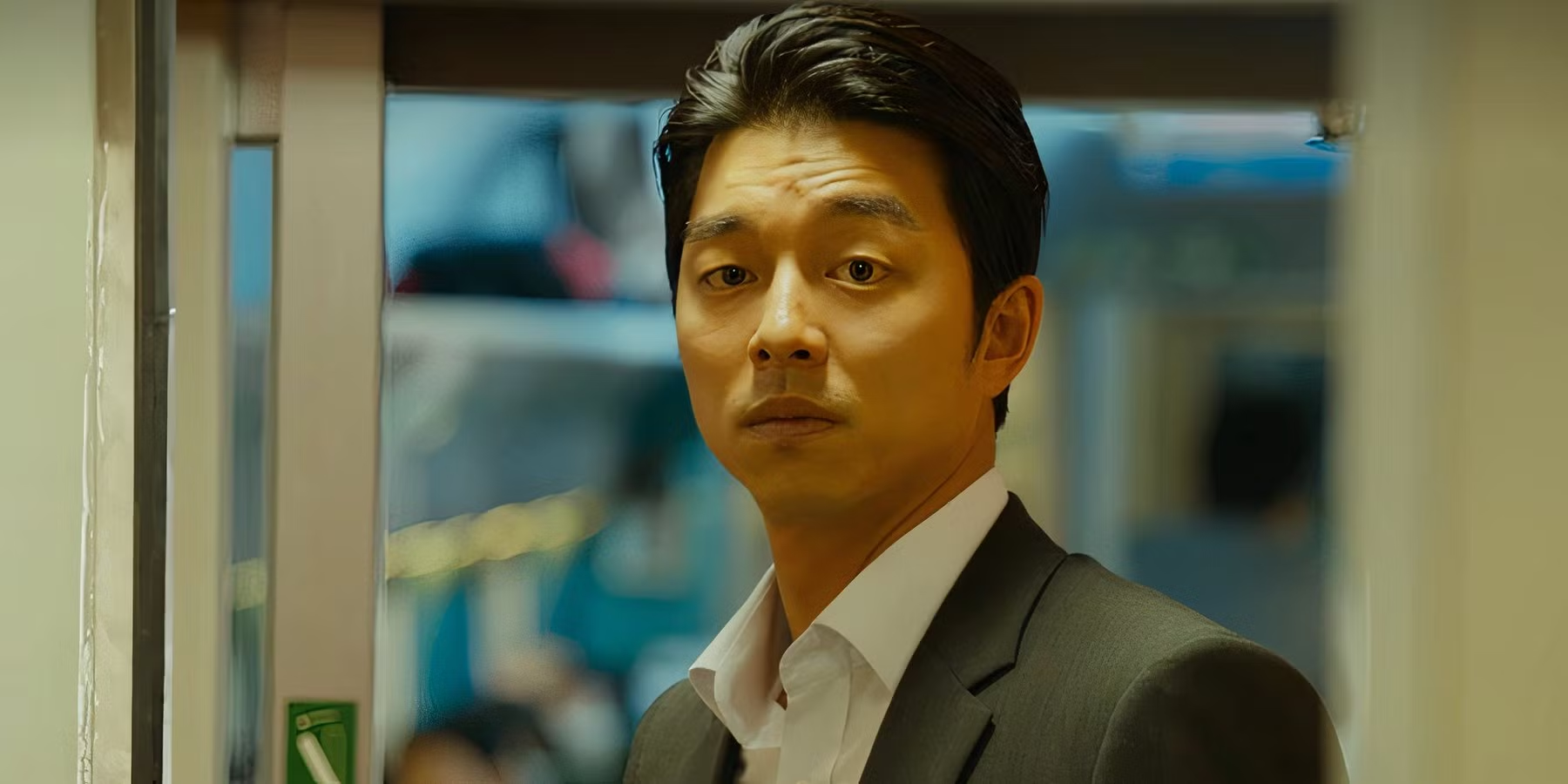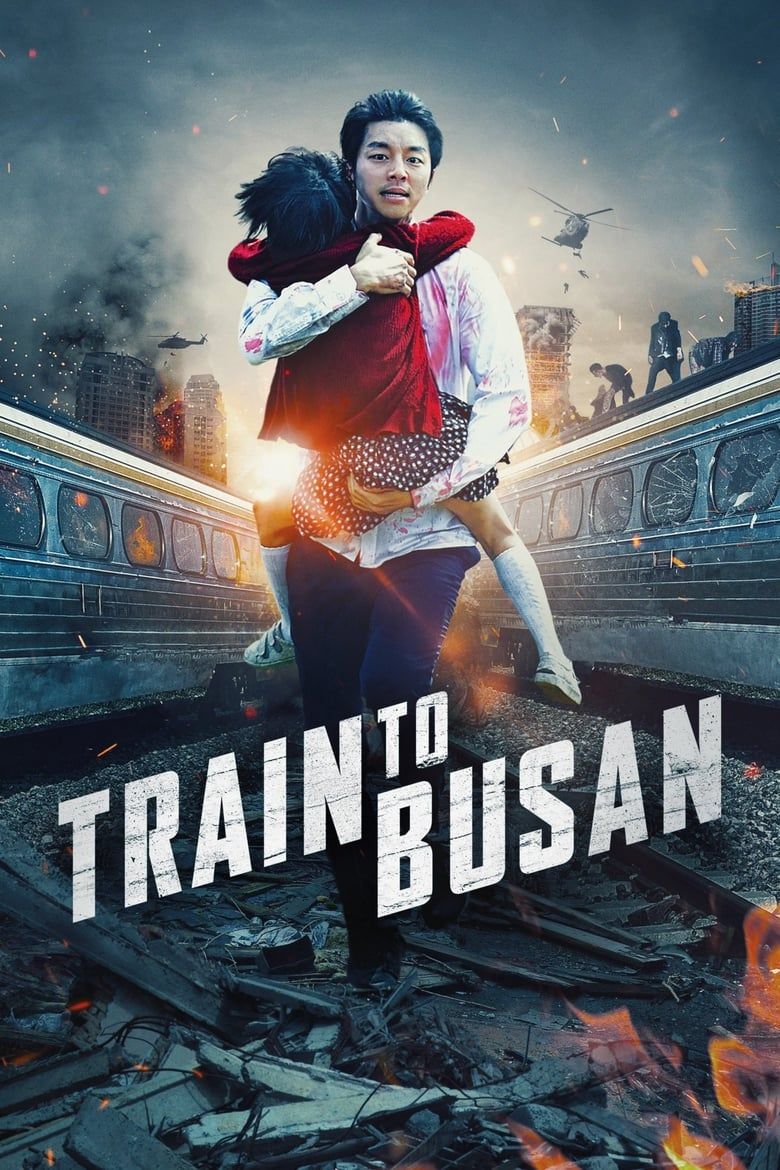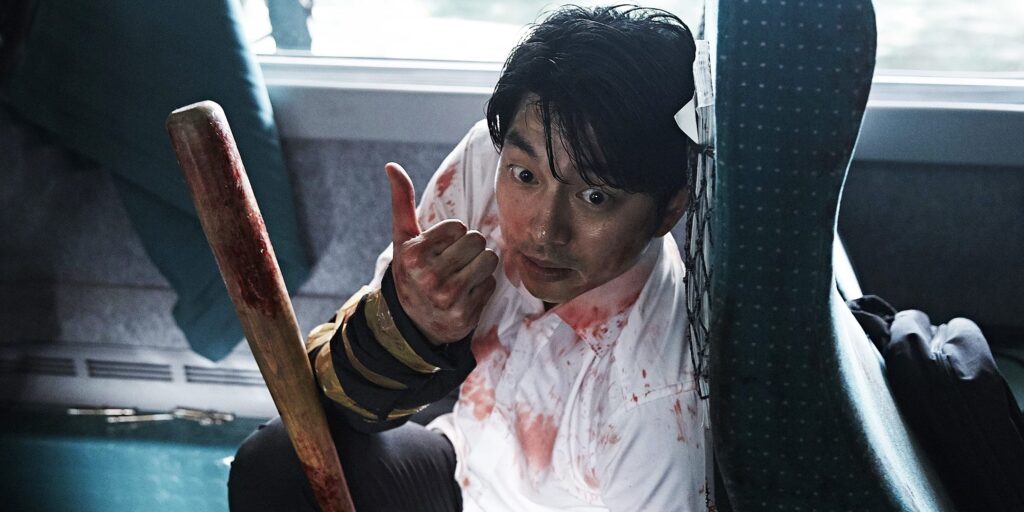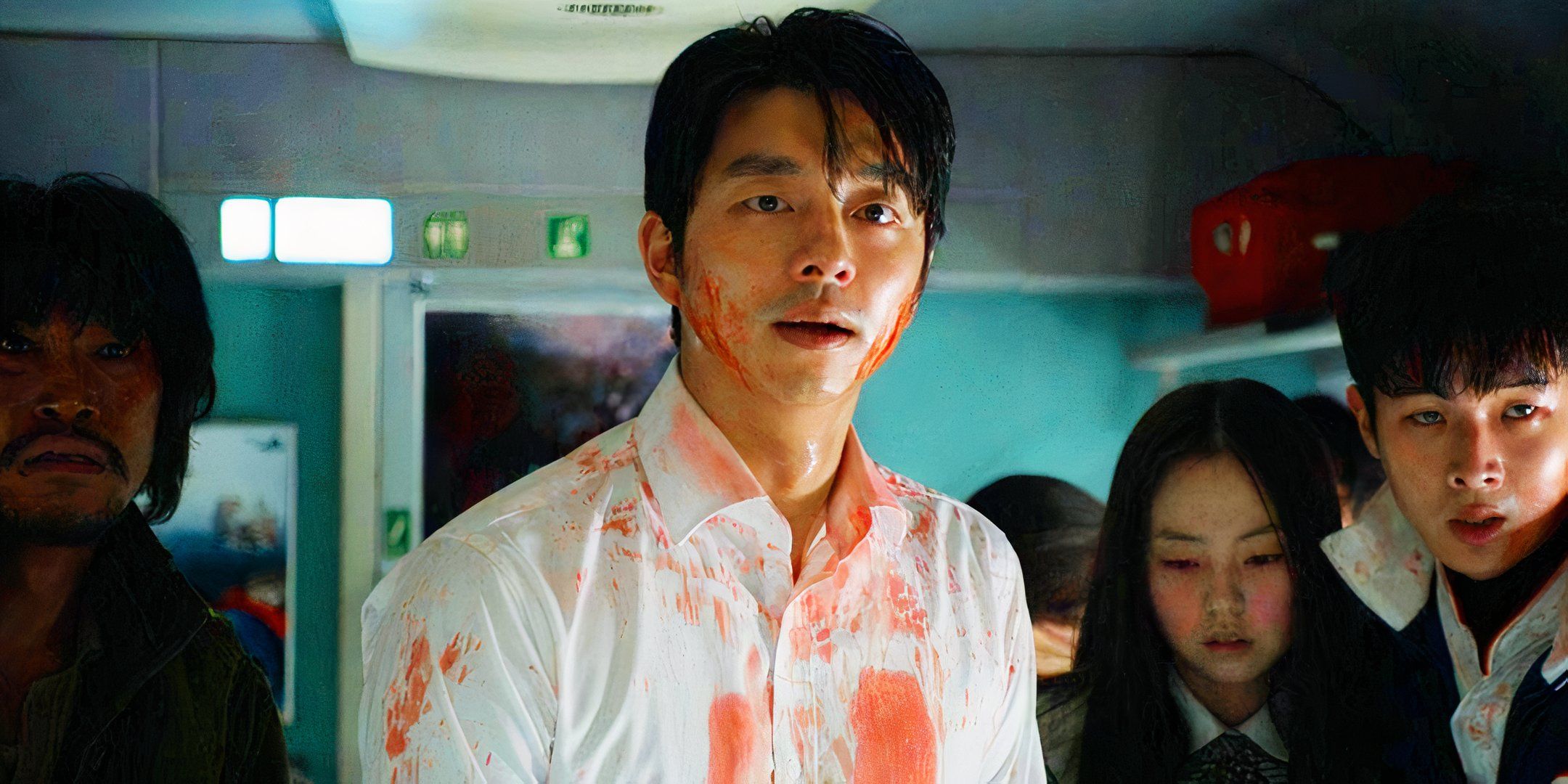Train to Busan is easily one of the best modern zombie movies, and it perfected a trope that almost every film in the genre uses. The 2016 South Korean film was directed by Yeon Sang-ho, and represented a return to form for zombies after more than a decade of overexposure.
Popular franchises like The Walking Dead had helped to make zombies the most popular horror subgenre of the late Aughts and early 2010s, but things were growing stale. Train to Busan came along and reinvigorated zombies by sticking to the tried-and-true formula, and nailing the details every time.
The movie is scary and heartbreaking in equal measure, and Sang-ho clearly understood what makes the best zombie movies so good. The popular horror subgenre is awash in familiar concepts, but Train to Busan utilized the most common zombie movie clichés and not only did it well, but actually perfected the tropes.
Train To Busan Perfects The Zombie Genre’s “Humans Are The Villains” Trope
Zombies Are Only A Symptom Of A Larger Problem
The thing that made Train to Busan better than most zombie films was that it felt familiar but new at the same time. It borrowed the ever-popular concept of making humans the real villains, but it did so with original ideas that tied back into Korean culture and issues plaguing their country specifically.
In most zombie movies, survivors show their worth by being either good or bad in the face of an undead outbreak, and Train to Busan featured a wide array of characters who are trapped on the train. Some are heroic, while others are cowardly, and the movie wastes no time in establishing which is which during the first zombie attack.
Specifically, Train to Busan uses the “Humans as Villains” trope to make commentary about class division, and those divisions become stark when the train is besieged by zombies. Even the origins of the virus is man-made, implying that the zombies are merely a symptom of a much larger corruption within the heart of humanity itself.
Even the origins of the virus is man-made, implying that the zombies are merely a symptom of a much larger corruption within the heart of humanity itself.
Older zombie films like the George Romero series also put humans in the villain roles, but his films were more about the slow loss of humanity as the zombie outbreak wore on. Conversely, Train to Busan implies that the thin veneer of civility is waiting to disappear as soon as the class divisions are destroyed by a uniquely egalitarian threat.
Why So Many Zombie Stories Use The “Humans Are Villains” Theme
Horror Is Really Just A Reflection Of Real-Life Societal Fears
The “Humans as Villains” trope is such an intoxicating prospect for zombie stories because it really is the quintessential theme behind the entire genre. Horror is a reflection of real-life fears, and zombies themselves are representative of the inevitability of death and decay. However, zombies are also without motivation, which doesn’t make for interesting storytelling.

Related
Train To Busan Took One Terrifying Step Most Zombie Movies Are Afraid To
While all zombie movies explore the post-apocalyptic effects of a deadly outbreak, Train to Busan made one change that pushed things even further.
Other monsters are capable of cunning and deception, but zombies are shuffling corpses that just want to eat flesh. By casting humans as the real adversaries, zombie films comment on the self-destructive nature of mankind. As is often the case, the survivors would probably make it through their ordeal if they weren’t betrayed by their own allies.
Train to Busan didn’t invent the trope, but it perfected it by taking lessons from the excellent films that came before. It proves that zombie movies don’t need to be overly complex to be compelling, as long as the writing is strong, and the characters are interesting.

Train to Busan
Release Date
July 20, 2016
Runtime
118 minutes
Director
Yeon Sang-ho




